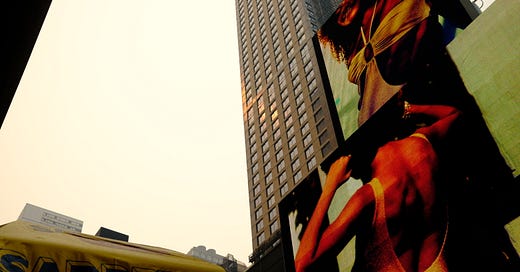Last week, one of my best friends since childhood, Matt, came to visit. He moved to Colorado with his wife three years ago. While he loves it out West, and has gotten pretty good at fishing trout from Rocky Mountain rivers, he spent much of the previous decade working as a land steward for a conservation group out east o…
Keep reading with a 7-day free trial
Subscribe to FIELD NOTES from Alexander C. Kaufman to keep reading this post and get 7 days of free access to the full post archives.




